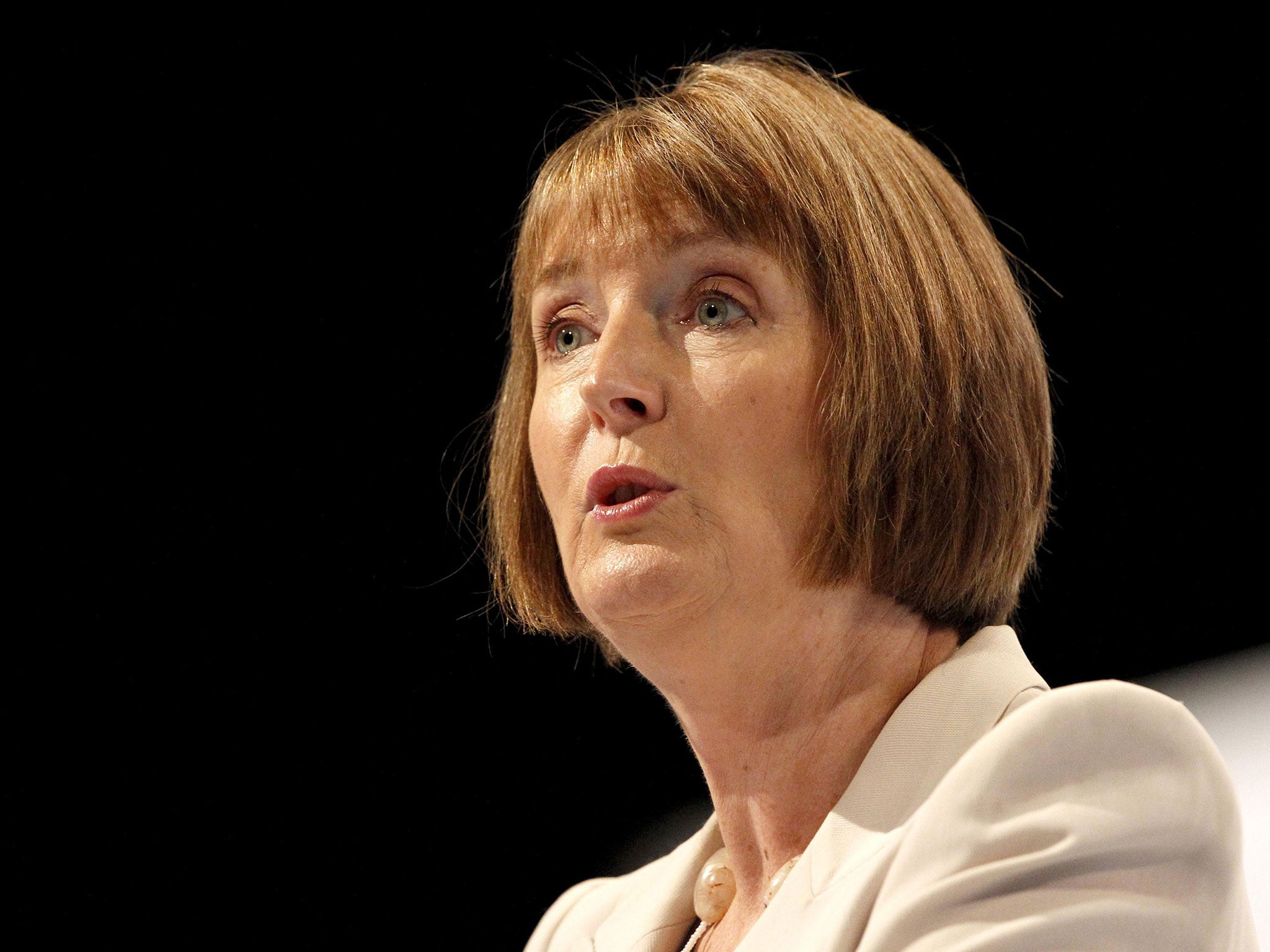Trojan Horse schools: Harriet Harman calls on Government to protect music lessons

Your support helps us to tell the story
From reproductive rights to climate change to Big Tech, The Independent is on the ground when the story is developing. Whether it's investigating the financials of Elon Musk's pro-Trump PAC or producing our latest documentary, 'The A Word', which shines a light on the American women fighting for reproductive rights, we know how important it is to parse out the facts from the messaging.
At such a critical moment in US history, we need reporters on the ground. Your donation allows us to keep sending journalists to speak to both sides of the story.
The Independent is trusted by Americans across the entire political spectrum. And unlike many other quality news outlets, we choose not to lock Americans out of our reporting and analysis with paywalls. We believe quality journalism should be available to everyone, paid for by those who can afford it.
Your support makes all the difference.Harriet Harman has called on Culture Secretary Sajid Javid to intervene over schools at the centre of the “Trojan Horse” row dropping music from the curriculum, and called for a wider investigation into the issue.
The shadow Culture Secretary wrote to Mr Javid on Wednesday to express her “deep concern” following news that music had been banned at one of the schools highlighted in this week’s explosive Ofsted report. Another of the institutions named had discouraged extracurricular cultural visits and activities.
Ofsted published the results of inspections into 21 schools in Birmingham on Monday following an anonymous letter sent to the city council alleging socially conservative Muslims were trying to get on to governing bodies and impose their values on the schools.
The inspectors’ report rated five schools in Birmingham inadequate and the chief inspector Sir Michael Wilshaw said “a culture of fear and intimidation” had developed at some of the institutions.
One of the five schools dubbed inadequate was Nansen Primary School, and the Ofsted inspectors highlighted that music had been banned from the curriculum.
It also reported that at Oldknow Academy “some members of staff actively discourage girls from… taking part in extracurricular visits and activities”.
This included challenging the summer play because “of their use of musical instruments” and the observation that a teacher covered his ears during a music lesson he was observing.
Ms Harman demanded that Mr Javid investigate whether the campaign against music was confined to just the two institutions or if it was a more widespread problem. A failure to act would send out the wrong message, she added.
“I am writing to ask what you are doing about the fact that these children are being deprived of music in these schools,” Ms Harman said. “It is imperative that you do not fail to take action to protect every child’s right to music.”
She added: “This is particularly worrying against a background of a fall in participation and a sense that the Government is not placing a proper value on music in schools,” she said.
This followed a speech at the Roundhouse in London on Monday which outlined Labour’s plans to put young people at the heart of their arts policies. Ms Harman also revealed statistics that showed the numbers of primary school children taking part in musical activities had declined from 55 per cent to 36 per cent since 2010.
Ms Harman reiterated in the letter her message from Monday: “It should be the right of every boy and girl to explore their musical potential which should be a journey which goes on for the rest of their life.”
Mr Javid, who visited Birmingham today, was unavailable for comment. He gave his first major speech to the arts sector last week in which he urged the arts community to ensure that “culture is for everyone”.
A spokeswoman for the Department of Education said it was “completely unacceptable” that children in secular state schools should be denied access to music education on faith grounds.
She said: “We take this extremely seriously, and it was part of the considerations in the letters we have written to Oldknow and Nansen to give notice of the Secretary of State’s intention to terminate their funding agreements.”
She added that £171m had been committed over three years to a programme across England that ensures every child aged between five and 18 has the chance to learn a musical instrument and perform as part of ensembles and choirs.
“We have also invested £84m so that exceptionally talented young musicians and dancers from all backgrounds can benefit from specialist education and training.”
Join our commenting forum
Join thought-provoking conversations, follow other Independent readers and see their replies
Comments